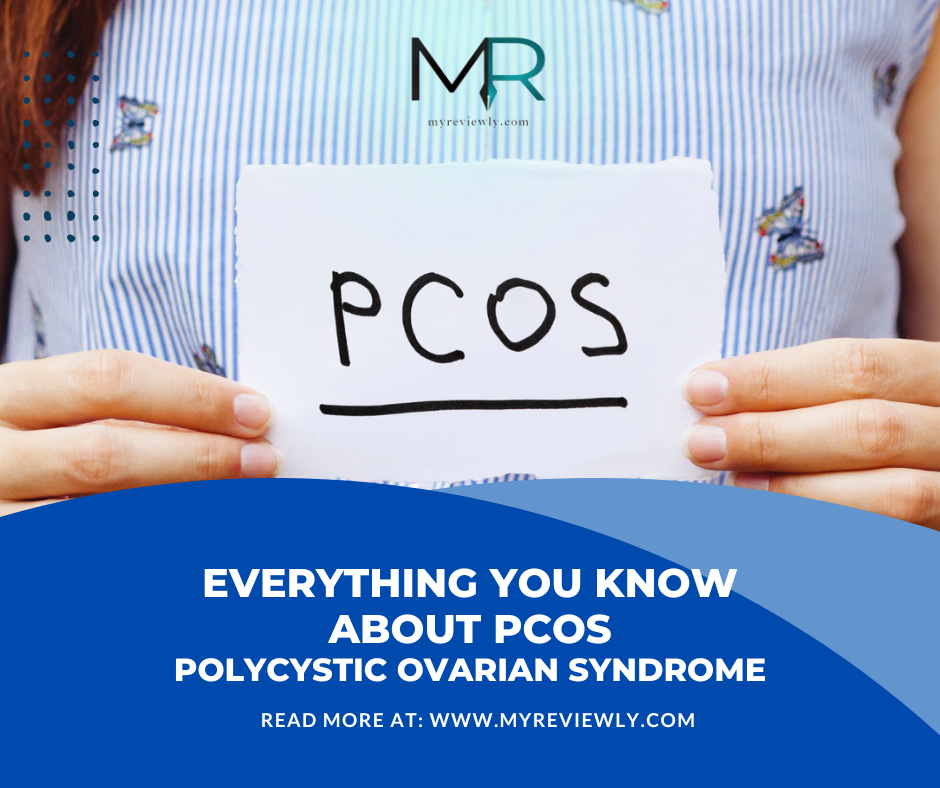
Everything about today's most common woman disease: polycystic ovarian syndrome (Commonly known as PCOS).
What is PCOS?
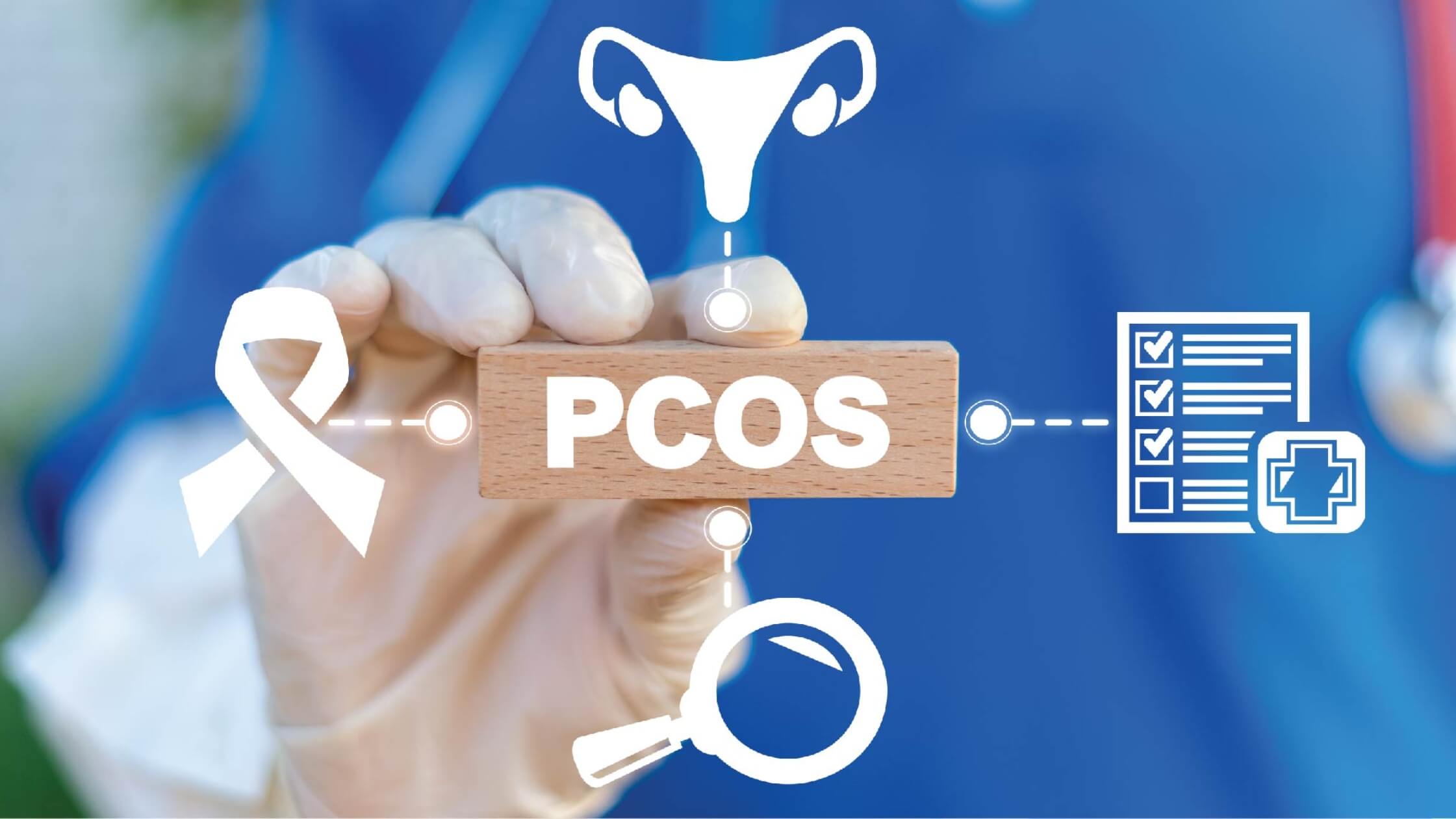
PCOS is a disease in which the ovaries create an excessive amount of androgens, male sex hormones available in small amounts in women. The multiple tiny cysts (fluid-filled sacs) that appear in the ovaries are known as a polycystic ovarian syndrome. However, some women with this condition do not build cysts, whereas others who do not have the condition do. Ovulation is the discharge of a fully grown egg from an ovary. This takes place in order for male sperm to fertilize it. If the egg is not fertilized during your period, it is pushed out of the body.
A woman's hormone output may be insufficient to enable her to ovulate in rare cases. The ovaries may make a huge number of small cysts if ovulation fails. The generation of sex hormones is mediated by these cysts. Women with PCOS often have high levels of sex hormones. This can make a woman's hormonal problems worse. It can also cause a slew of PCOS symptoms.
The first signs of PCOS | Symptoms of PCOS
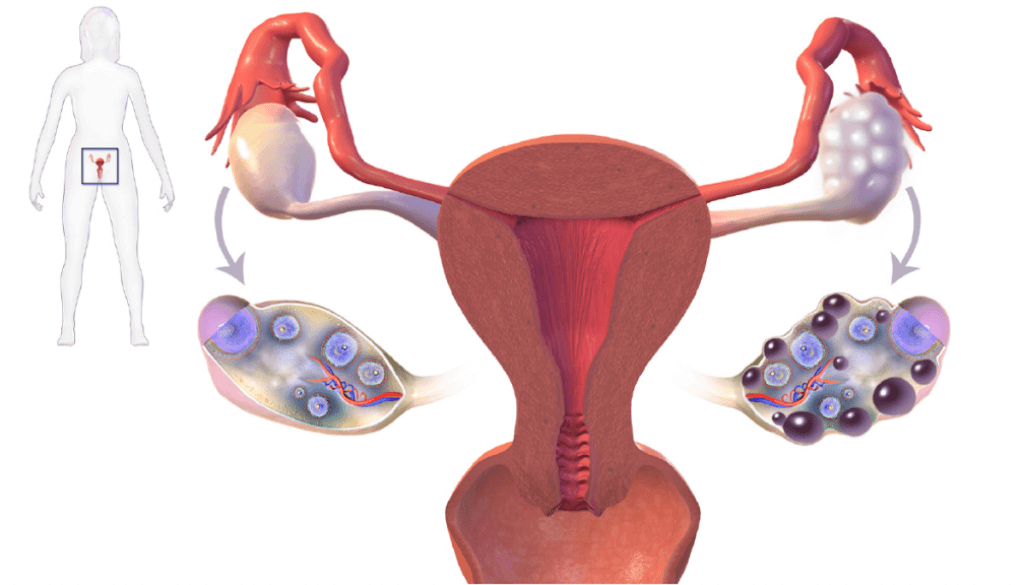
Each symptom can vary in severity, and not every woman with PCOS will experience them all. Some women suffer from solely heavy menstrual bleeding, some from infertility, and yet others from both. Some of the most prevalent PCOS symptoms are as follows:
- Periods that are irregular or nonexistent
- Having difficulty having a child? (due to hormonal irregularities or failure to birth )
- Hair growth that is excessive (hirsutism) - typically on the face, chest, back, or buttocks
- Gaining weight
- Hair thinning and hair loss on the head
- Acne or greasy skin
- male-pattern baldness
- Ovaries could be bigger with follicles (small cysts) around the eggs. As a result, the ovaries can quit functioning properly.
Note: If you have any of these symptoms & suspect PCOS, you should consult your gynecologist ASAP.
How is PCOS diagnosed?
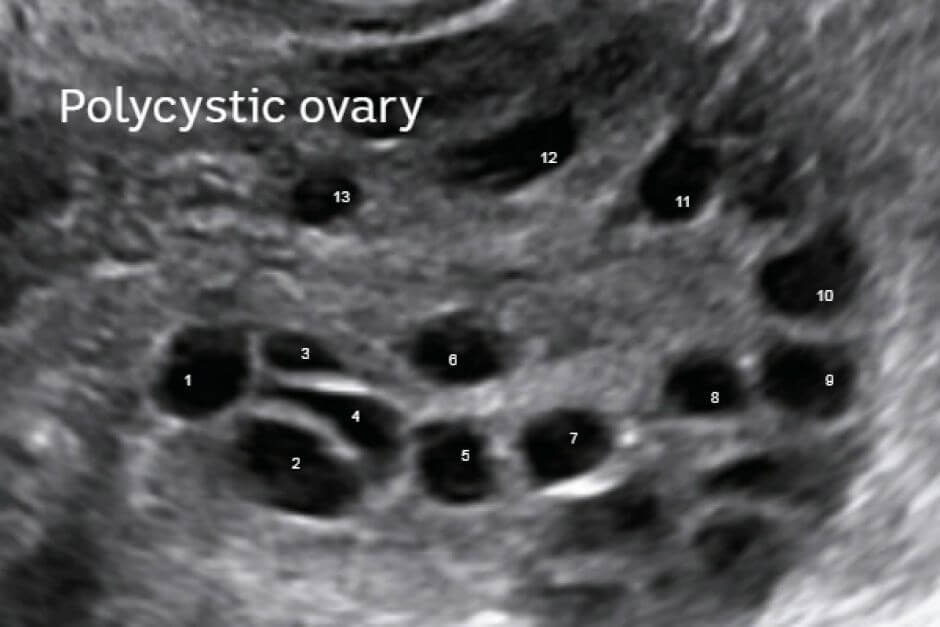
When you examine all / few symptoms then you need to consult your gynecologist. Your Gynae specialist will ask about your medical history & all your symptoms. Then they will also have a physical exam. This will probably include a pelvic exam. This pelvic exam checks the health of your reproductive organs (inside and outside your body).
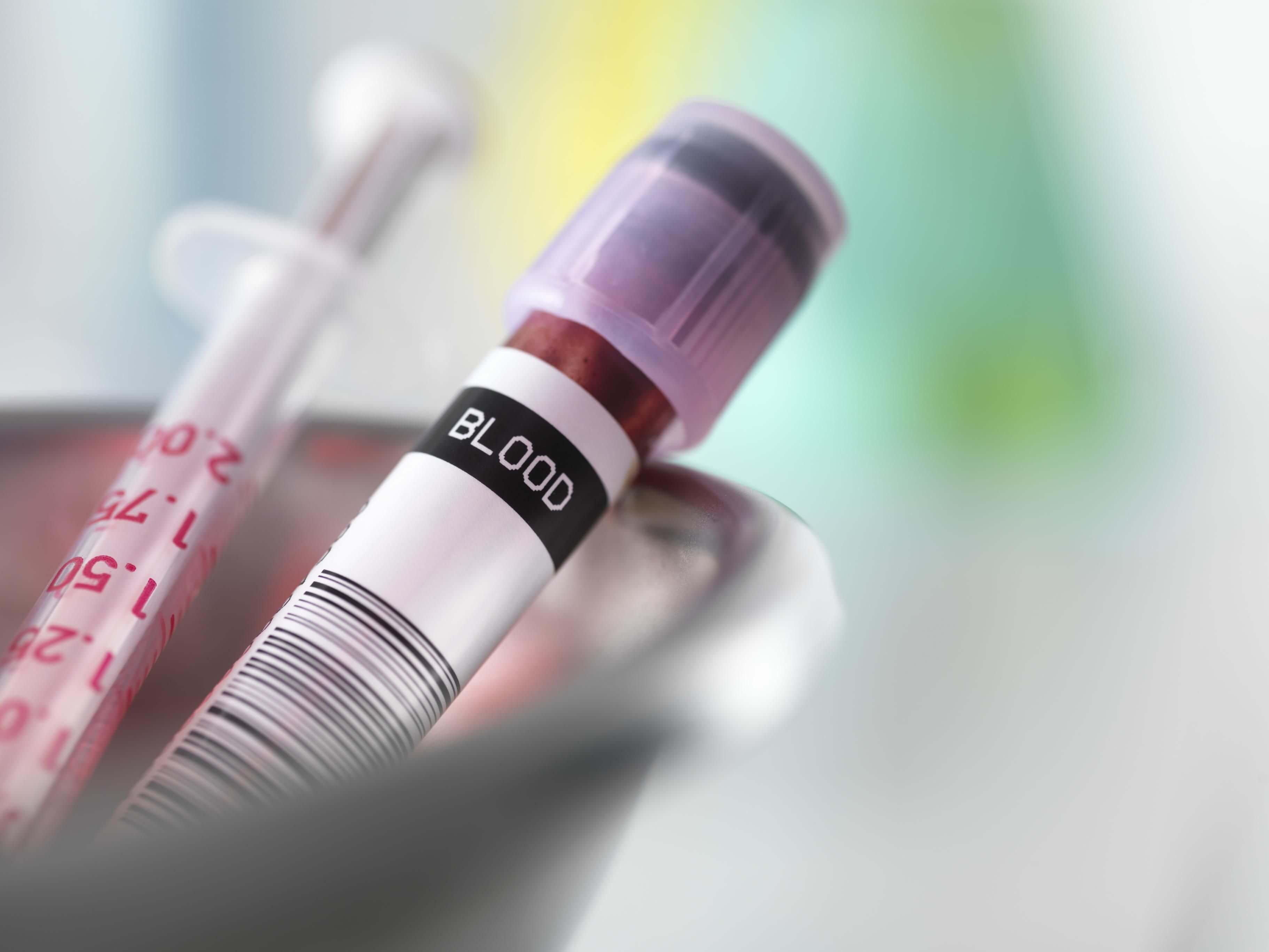
Some of the symptoms of PCOS are like those generated by other health issues. So this process may include tests such as:
- ultrasound. Through ultrasound, your gynecologist will get images of blood vessels, tissues, and organs. This test is used to examine the size of the ovaries & see if you have any cysts or not. The ultrasound can also examine the thickness of the lining of the uterus (endometrium).
- Blood tests. Through these blood tests, your doctor will look for high levels of androgens & other hormones. Your doc also checks your blood glucose, cholesterol, and triglyceride levels.
Note: In PCOS both ovaries may generate a nest of small cysts (which is common in this disease).
When should you see a doctor?
If you have concerns about your menstrual cycles, infertility, acne, male-pattern baldness, or any problem related to hormones, you must consult your doctor ASAP.
What are the complications of PCOS?
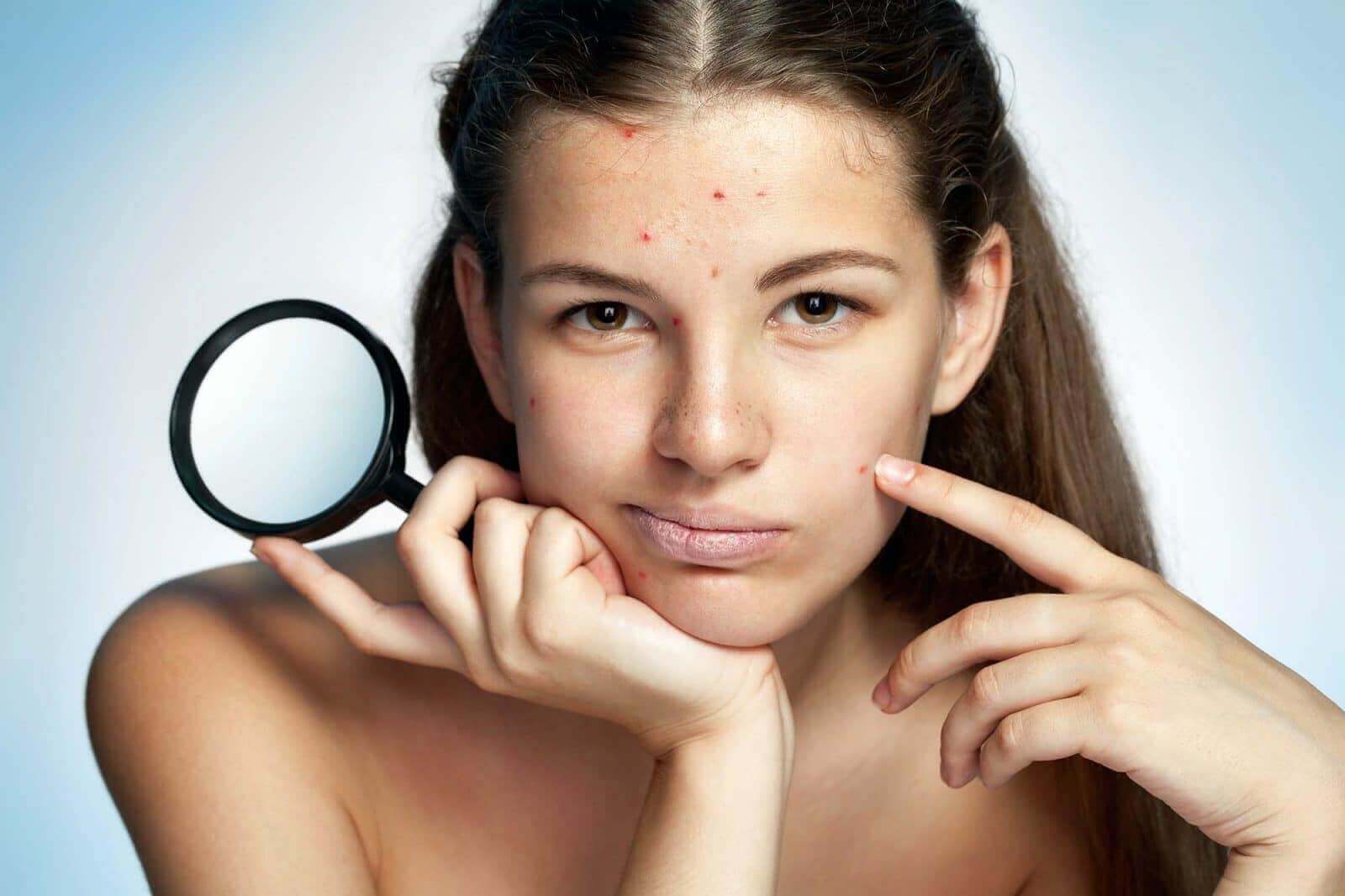
Impact of PCOS | Disadvantages of PCOS
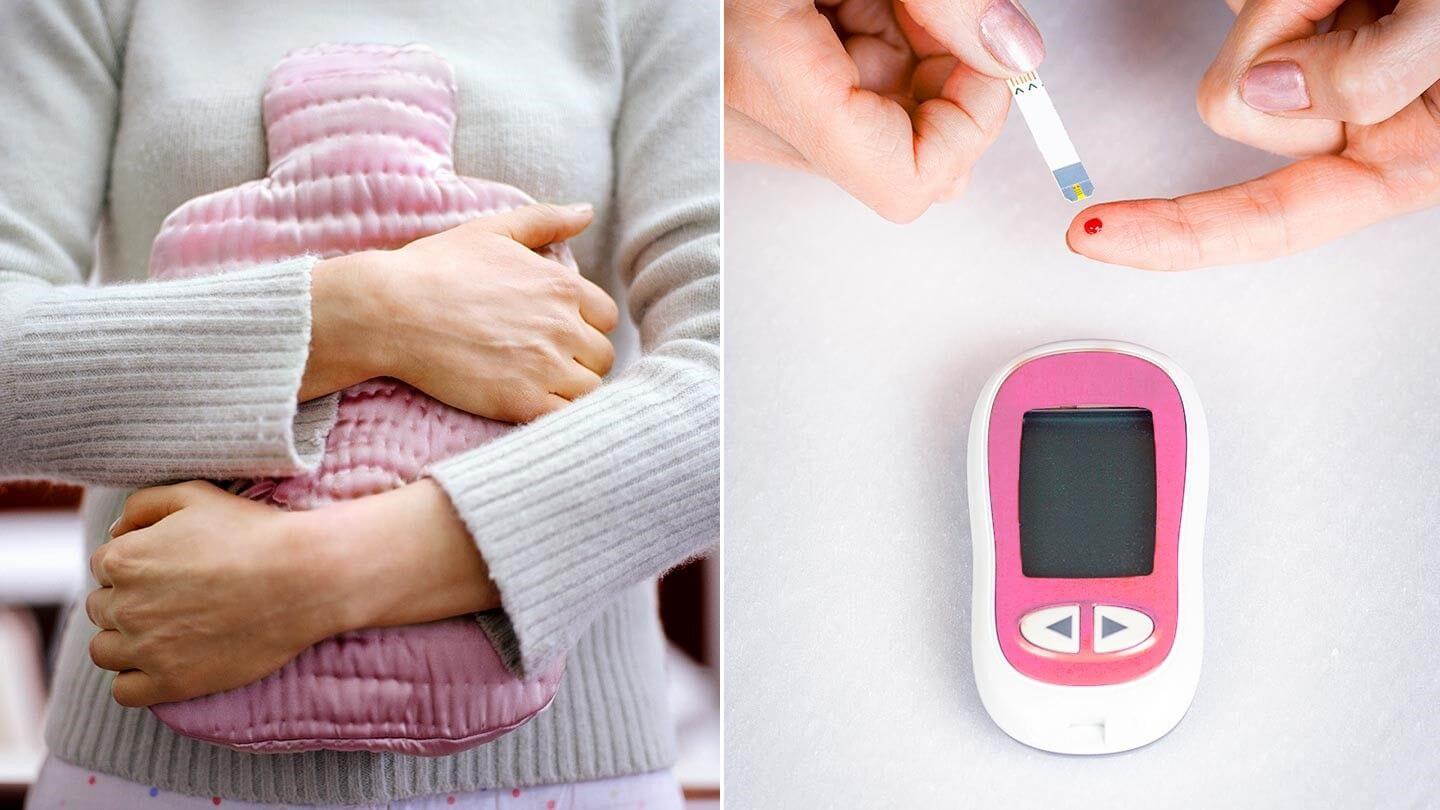
- Women with PCOS are more possibly to create certain severe health problems. These include high blood pressure, type 2 diabetes, troubles with the heart & blood vessels, and uterine cancer.
- Some women also struggle with a few physical symptoms of PCOS, like weight gain, abnormal hair growth on the face & body, and acne. Cosmetic treatments like laser hair removal and electrolysis may help you feel more okay about your appearance. Talk with your doctor about the most useful ways to treat the symptoms that are affecting you.
- PCOS is one of the most regular reasons for female infertility. When many women will be unable to deliver, they are diagnosed with PCOS. During each monthly period, the ovaries release an egg (ovum) into the uterus (womb). Ovulation is the name for this procedure, which happens once a month.
- Women with PCOS, on the other hand, frequently or never ovulate, resulting in irregular or nonexistent periods and problems conceiving.
Treatment of PCOS
There are many factors that are very important to consider if you're looking for proper treatment for PCOS. Variety of elements that influence PCOS treatment. Firstly, you should think about your age. Secondly, the intensity of your symptoms, and your overall health. importantly, your desire to become pregnant in the future may also influence the type of treatment you receive.
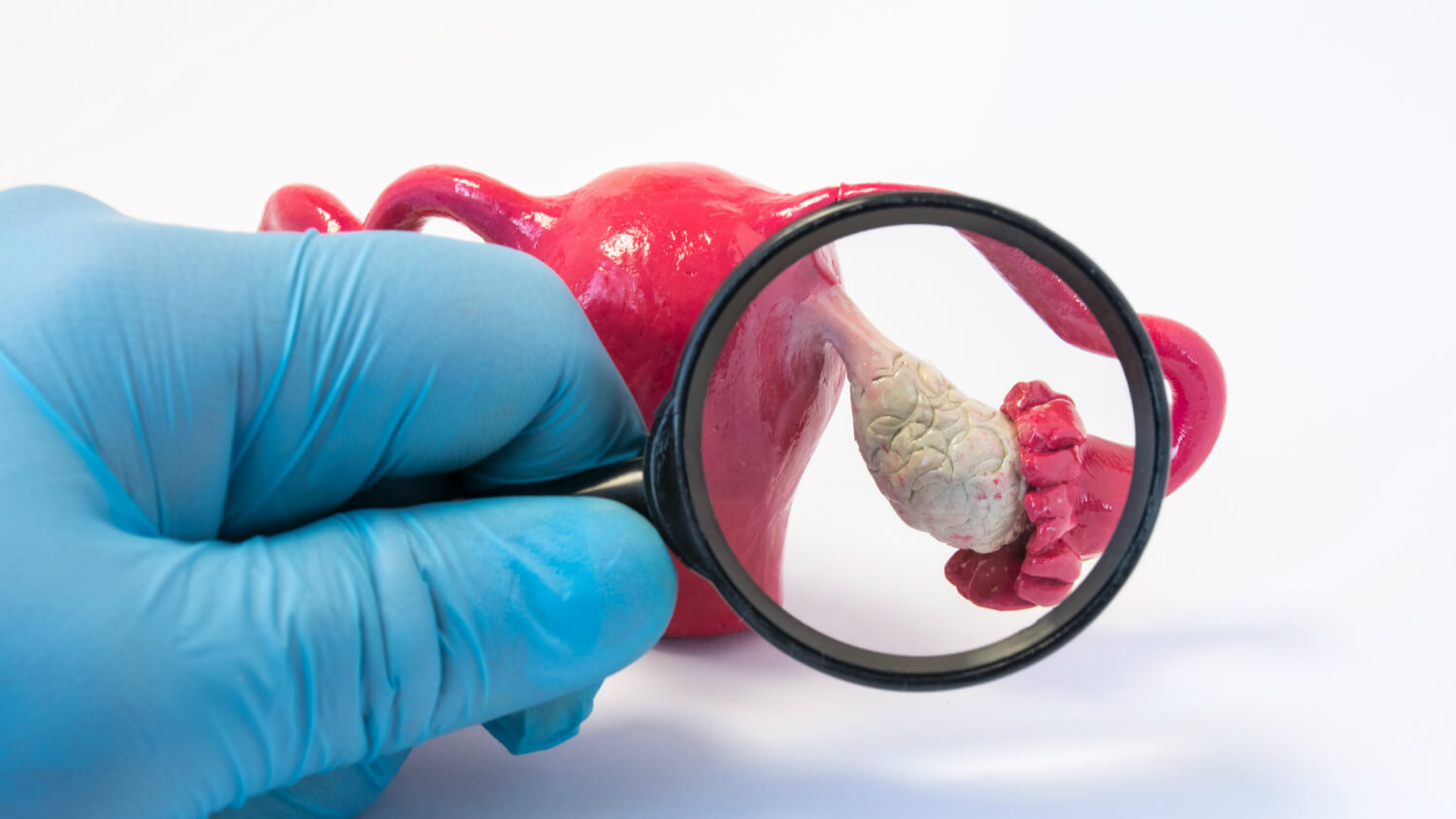
If you do intend to become pregnant, you may be prescribed certain medications.
- It is necessary to modify one's diet and increase physical activity. A healthy diet and increased physical activity can help you lose weight and reduce symptoms. They can also help with the efficient use of insulin, lowering blood glucose levels, and the ovulation process.
- Medicines that cause the pregnancy to occur. The normal ejection of eggs from the ovaries might be aided by medications. There are also certain risks associated with these drugs. They have the potential to increase the chances of having multiple children (twins or more). Ovarian hyperstimulation can also occur as a result of them. When the ovaries create an excessive amount of hormones, this happens. It has the potential to cause stomach bloating and pelvic pain.
If you don't want to get pregnant, you may be given the following medications:
• birth control tablets: These aid in the regulation of menstrual cycles, the reduction of acne, and the reduction of testosterone levels.
• Medication for diabetes: This is a standard treatment for insulin resistance in PCOS patients. Lowering androgen levels, slowing hair regrowth, and lowering androgen levels, may also help you ovulate more regularly.
• Healthy Diet & Exercise: It is necessary to modify one's diet and increase physical exercise. A healthy diet and increased physical activity can help with weight loss and reduce symptoms. They can also help with the proper use of insulin, lowering blood sugar levels, and the reproductive process.
• Suitable Medications: Medications to alleviate various signs and symptoms. Some medications may help with cell growth and pimples.
Suggestions by MyReviewly Team

As we examined PCOS very deeply & also consulted with some highly qualified doctors, we came to a point that you can't get rid of PCOS permanently because PCOS is a disease that has no proper cure yet. But you can get control over its symptoms by changing your lifestyle. A healthy lifestyle directly reduces its effects. You just need to take care of all your hormonal problems, body changings, etc.
If you're going through such issues then feel free to share your health issues. We'll find a better way to cure those….& If you find this blog interesting & helpful kindly share your thoughts in the comment section below.
Stay Connected with Myreviewly Thanks!









